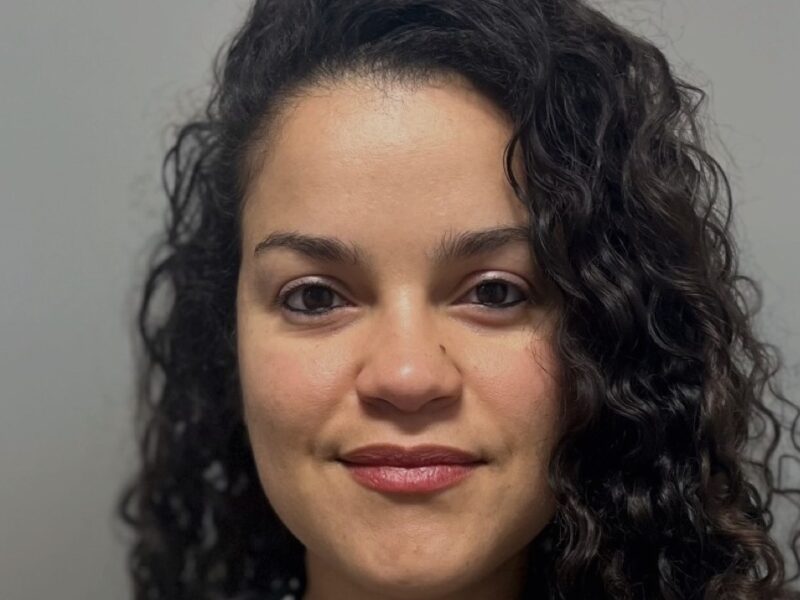Increased number of children entering the foster care due to parental drug use

In a recent study published in JAMA Pediatrics, CHERISH Pilot Grant Recipient Angelica Meinhofer examined national trends in foster care entries attributable to parental drug use between 2000 and 2017. There were approximately 5 million foster care entries between 2000 and 2017, 23.38% percent of which were attributable to parental drug use. Moreover, the number of foster care entries attributable to parental drug use increased 147% between 2000 and 2017, from 39,130 to 96,672 entries.
Compared with children entering the foster care system for other reasons, children entering because of parental drug use were more likely to be under 5 years old, white and from the Southern region of the US. The proportion of foster care entries related to parental drug use increased in the Midwest and non-metropolitan areas between 2000-2005 and 2012-2017. Meinhofer suggests that the opioid crisis is only one possible explanation for these trends, which may also be related to increased drug use overall, changes in child removal policies, or changes in data collection methods.
The findings have economic implications for the foster care system as increased entries require more resources for high-quality foster care interventions, and a greater capacity for foster care particularly as research shows that foster care episodes are longer for children who enter foster care due to parental drug use. Meinhofer says that she “hopes that these findings will encourage researchers to investigate the implications of increased foster care entries on the foster care system, and on the health outcomes and well being of children.”